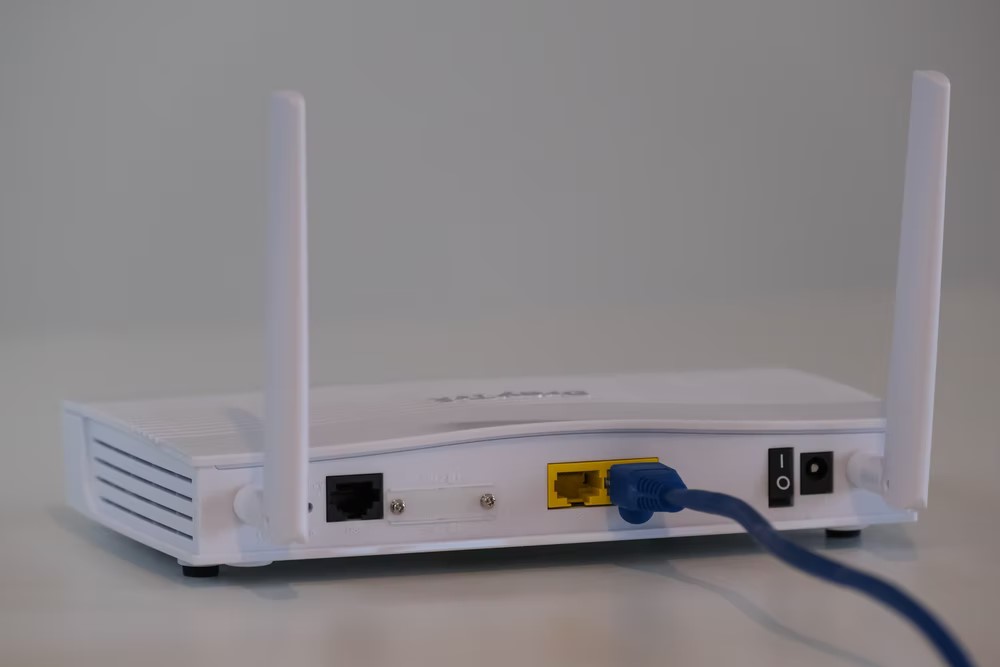Internet connection is a big part of modern living. It's used for everything from homework to streaming movies and playing games. But there are times when you might experience problems with your internet connection at home. Keeping your ISP (Internet Service Provider) up-to-date with the status of your connection is vital, as is ensuring your router/modem is compatible with your ISP, and that it is operating within its correct parameters – i.e., not overused and overcrowded. Some routers can handle more users than others; reconfiguring this may also improve things.

Here we've compiled some top tips on how to improve Internet connectivity:
Check Your Home Wiring
Checking the wiring, sockets, and routers in your home can sometimes offer a quick win to improve your connection. This is particularly effective for older homes where the wiring may have deteriorated over time. The first step to checking this out would be to get yourself an RJ 45 cable (also known as a network cable) and connect it directly from the router to one of the ports on your computer. If you find that your speed jumps from 50 Mbit/s or so up to 100Mbit/s, then chances are something's going wrong with the way that data is transferred between cables in your house. The most likely cause of this is that you've got a faulty or deteriorating cable somewhere in the chain. While they are doing this, it may be helpful to speak to your ISP about the problem. Remember, you should always get the electrician to test your wiring with other devices connected, to ensure that it's not just one problem.
Clean Your Router Or Upgrade Your Modem
If you are having the problem of a slow internet connection then it's most likely that your router is to be blamed. Sometimes your ISP (internet service provider) might provide you with an outdated model. This way, it will not be able to handle the number of devices connected to the network at any given moment. If this is the case, then you can either ask them to replace it for free or try buying a new one yourself. When routers get old, they tend to get overheated more easily which slows down their performance considerably. Modem provided by ISPs these days are also pretty efficient when there are just two-three devices attached but when more than four are being used simultaneously, their performance normally takes a hit. However, if you are thinking of buying a new modem then make sure that you buy one that can handle the number of devices connected to your network. It's not too hard to upgrade your modem but make sure that you buy the right kind; otherwise, it won't work well enough to deliver uninterrupted connection speeds!
Use The Right Browser
A major contributor towards people thinking their internet is too slow comes down to which browser they're using and how much memory it has. Unsurprisingly, the more things running in the background of your web browser - with software updates and new tabs being opened constantly when surfing the internet - means that its performance will start slowing down eventually. Similarly, older browsers will be less efficient when browsing compared with newer ones; this is why Chrome (and other up-to-date web browsers) are so great at what they do.

Sometimes it's easy to feel like internet service providers just take our money without ever checking up on how well the connection is running - but that isn't always the case! It's really important to make sure your ISP is getting the speeds they promised you, especially if you rely on their services for work. Most ISPs will provide your information online (including MAC address) so you can access it at any time; compare this with what speed tests say about your connection and resolve any issues right away.







